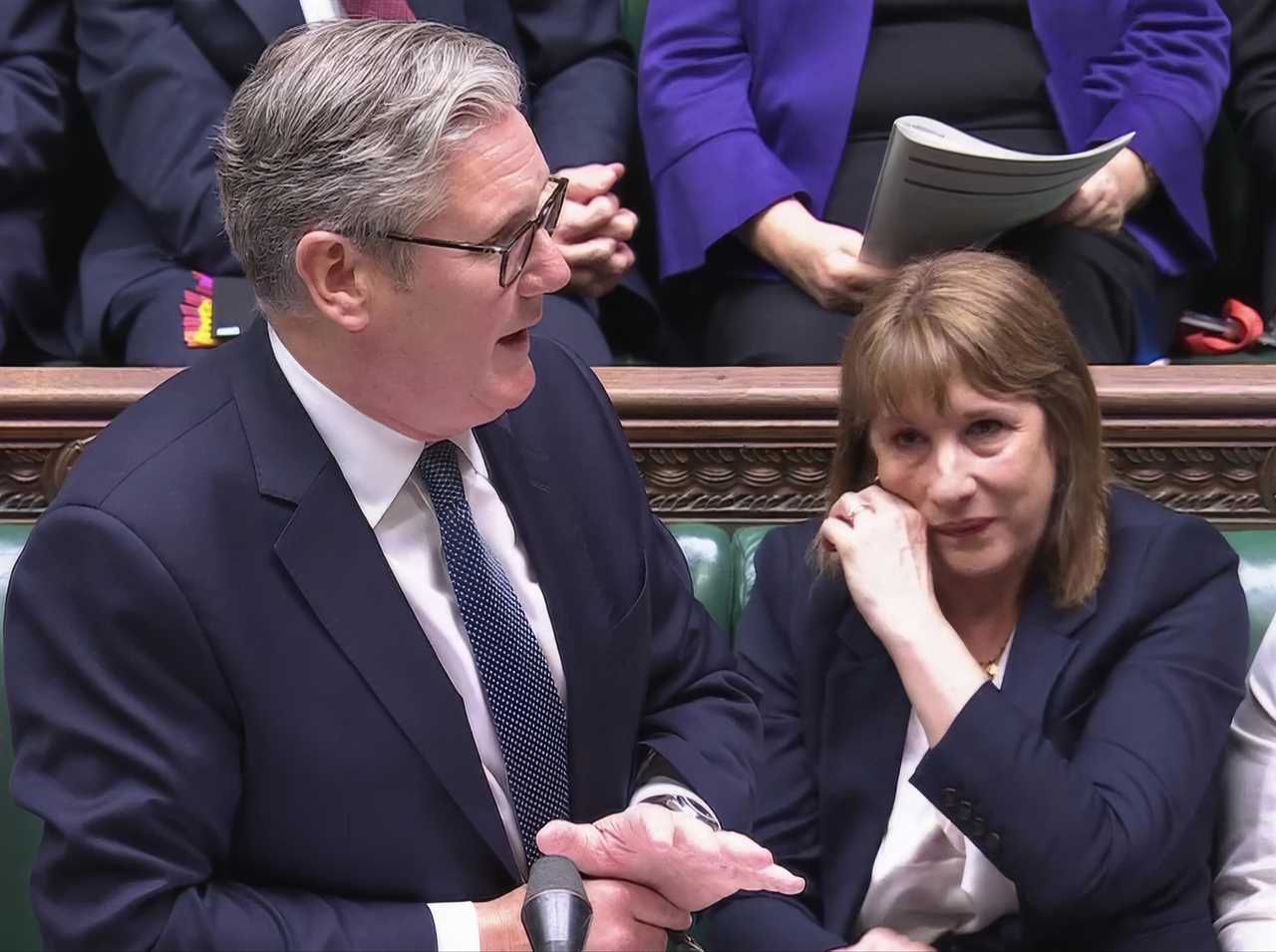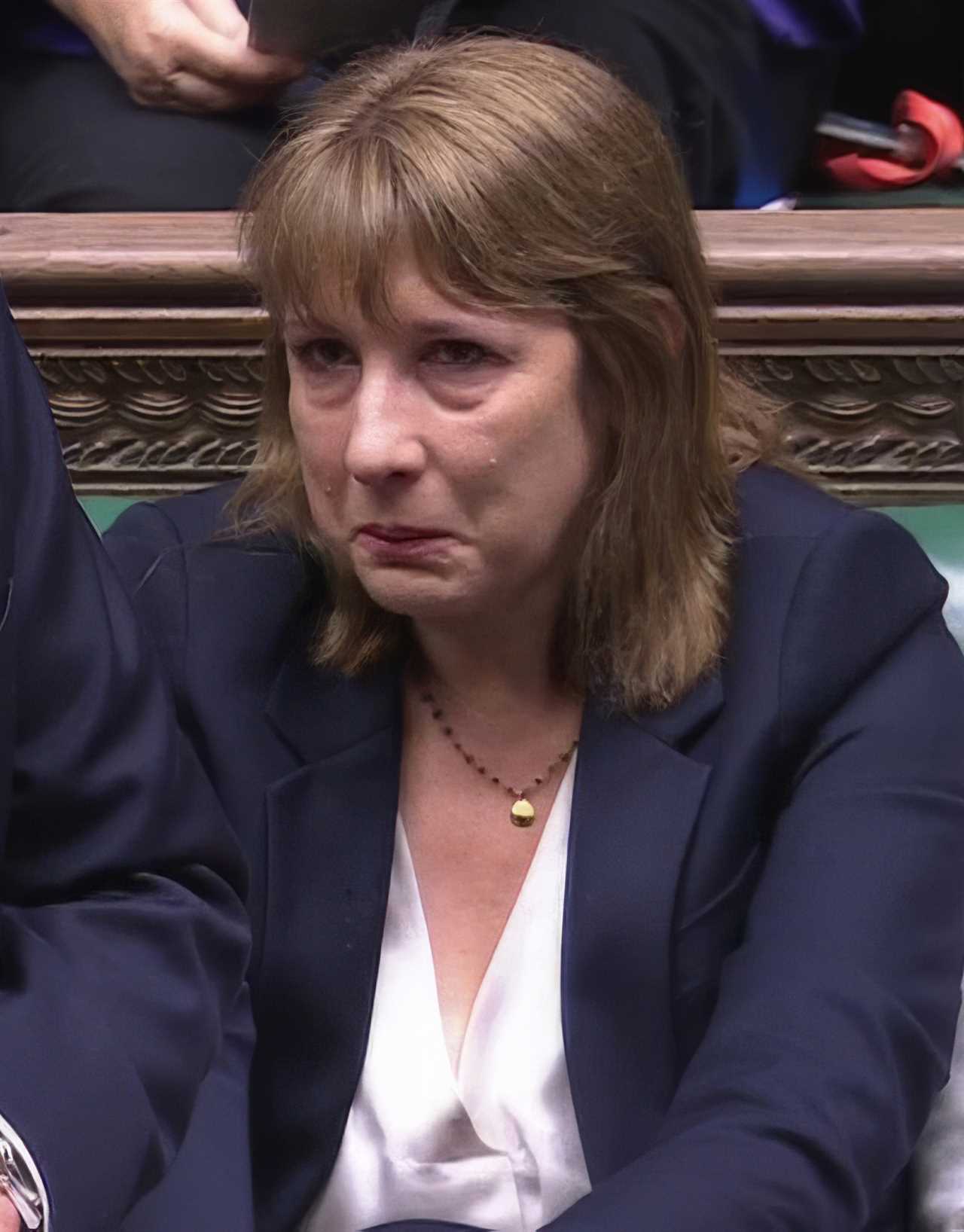
The recent emotional display by Chancellor Rachel Reeves during Prime Minister's Questions has sent shockwaves through Westminster, revealing underlying tensions and pressures within the Labour party. As tears flowed and markets reacted, a deeper examination is needed to understand the complexities at play in this unfolding political drama.
Political Strain and Market Turmoil: A Closer Look
The tearful moment at PMQs, dubbed "waterworksgate," followed a turbulent period of navigating the Welfare Bill and fending off a Labour revolt. Reeves' emotional outburst, coupled with market jitters, underscores the fragile balance between personal pressures and political responsibilities.
The Human Side of Politics: Personal Struggles Amidst Public Scrutiny
Amidst rumours and speculations surrounding Reeves' future, it's crucial to recognise the human aspect behind the political facade. Reports of personal distress and internal party dynamics shed light on the toll of high-pressure roles and the blurred lines between public image and private struggles.
Economic Ramifications and Policy Repercussions
The ripple effects of Reeves' emotional moment have extended to economic uncertainties, with market reactions reflecting concerns over stability and fiscal strategies. As discussions turn to potential tax hikes and financial challenges, the intersection of personal emotions and public policies comes sharply into focus.

Political Accountability and Leadership Challenges
Questions surrounding Reeves' leadership and future in office highlight broader issues of accountability and competence within the Labour party. As allies offer support and critics call for change, the delicate balance between individual resilience and institutional demands remains a central theme in this evolving narrative.
In the midst of these complexities, one thing remains clear: the intersection of personal vulnerability, political power, and economic ramifications is a multifaceted terrain that demands careful navigation and deeper reflection.






